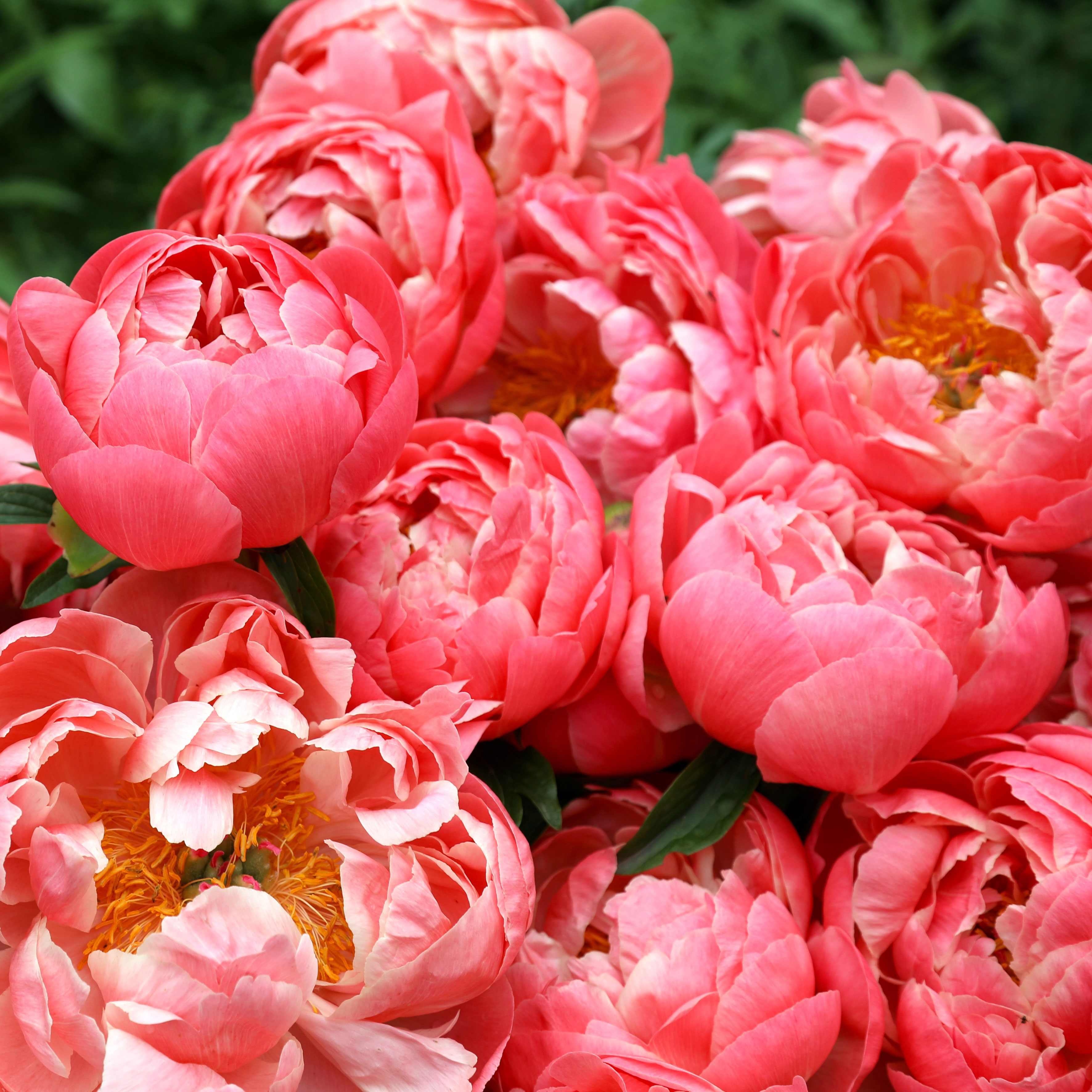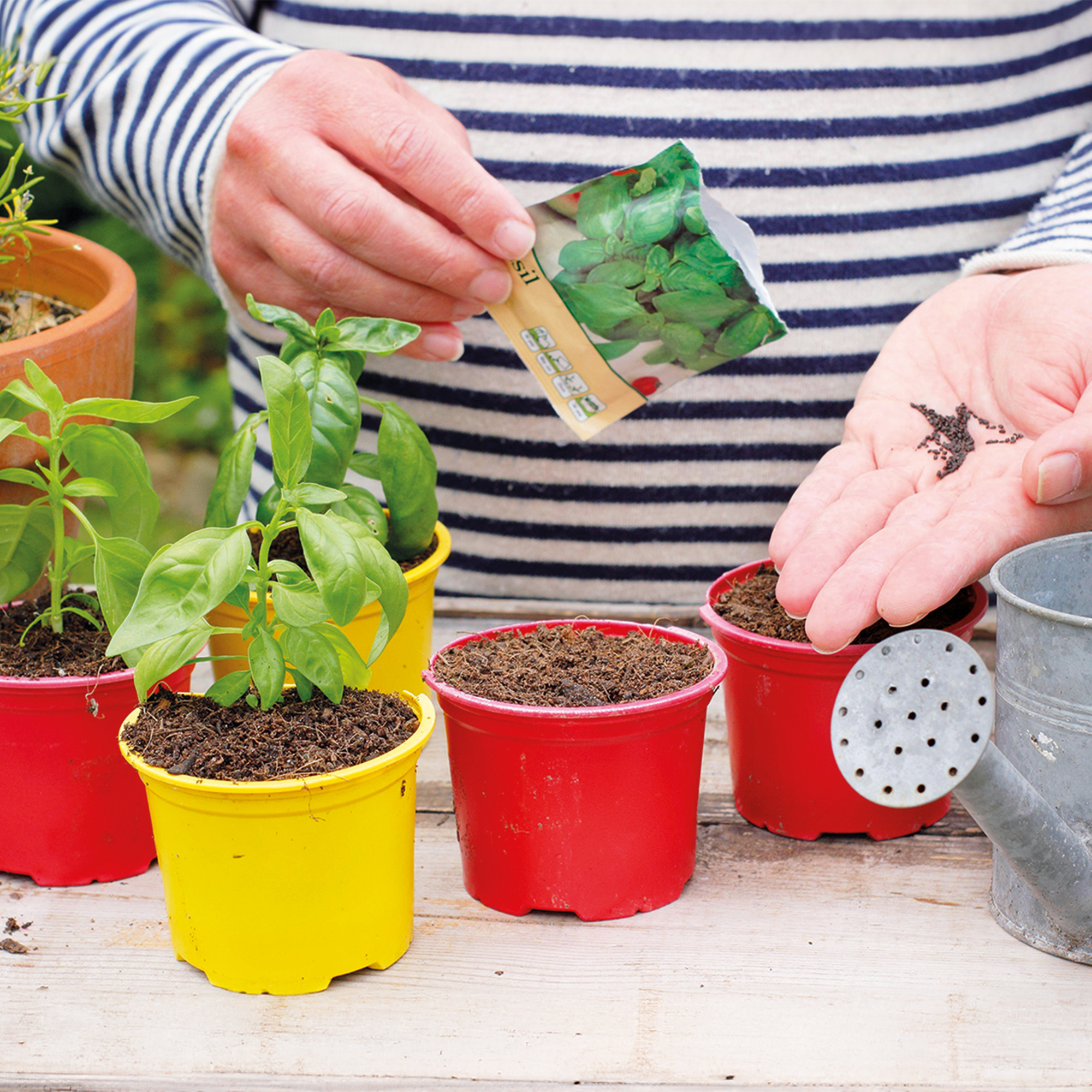Pear ‘Golden Spice’ Info – Learn About Growing Golden Spice Pears

Golden Spice pear trees can be grown for the tasty fruit but also for the pretty spring flowers, attractive shape, and nice fall foliage. This is a great fruit tree to grow in suburban and urban yards, as it tolerates pollution well.
About Golden Spice Pears
For a delightful home garden pear, Golden Spice can hardly be beaten. It requires some work to grow successfully, but what you get in return is an ornamental tree that has a lovely oval shape and a profusion of white spring flowers. Of course, you also get the fruit, which is small and yellow with a slight blush and a sweet flavor and crisp texture. Golden Spice pears are versatile and great for eating fresh, for cooking, for canning, and for baking. The tree will grow well in zones 3 through 7. It is a smaller fruit tree, growing to between 15 and 20 feet (4.5 to 6 meters) in height and 10 to 15 feet (3 to 4.5 meters) in spread. Golden Spice pear trees do need another pear variety in the area for pollination and fruit set. It will get messy in the fall if the fruit is not harvested, but if you are prepared to pick them, you will have an abundant yearly pear tree harvest.
How to Grow Golden Spice Pear
Growing Golden Spice pears can be rewarding for the pretty tree and juicy fruit, but it is a reward that is well earned. This is a pear tree that requires a significant amount of maintenance, so don’t choose it if you want a hands-off fruit tree. Your tree will grow fast and will live for decades if you give it the right care. Make sure the soil drains well, as the pear tree will not tolerate standing water. It also needs full sun and plenty of space to grow and spread. Although it resists fire blight well, you will need to watch for signs of powdery mildew, scab, canker, and anthracnose, as well as pests like coddling moth, borer, and pear psylla. Pruning is crucial for Golden Spice pear trees, and it should be done in the late winter or very early spring. Prune to maintain the shape of the tree and to ensure good airflow between branches to help prevent disease. Regular pruning is also necessary to ensure the tree grows, is healthy, and produces fruit. It can quickly grow out of control and fail to produce well if pruning is neglected. If you can’t harvest and use all the fruit, the area around the tree will require annual cleanup of dropped pears.
Gardening tips, videos, info and more delivered right to your inbox!
Sign up for the Gardening Know How newsletter today and receive a free copy of our e-book "How to Grow Delicious Tomatoes".

Mary Ellen Ellis has been gardening for over 20 years. With degrees in Chemistry and Biology, Mary Ellen's specialties are flowers, native plants, and herbs.
-
 ‘Coral Charm’ Peony Care For Sublime Semi-Double Peonies With Lush Salmon Pink Flowers
‘Coral Charm’ Peony Care For Sublime Semi-Double Peonies With Lush Salmon Pink FlowersPeonies are known for their soft baby pink or magenta tones, but if plushy coral blooms are your thing, here’s our guide to the ultimate ‘Coral Charm’ peony care
By Tonya Barnett
-
 How To Grow Seeds Quickly: 8 Expert Tricks For Fast Flowers & Crops
How To Grow Seeds Quickly: 8 Expert Tricks For Fast Flowers & CropsIt's never too late to start growing! Jump-start your flower or vegetable garden with these pro tips and tricks for germinating seeds in record time.
By Amy Grant